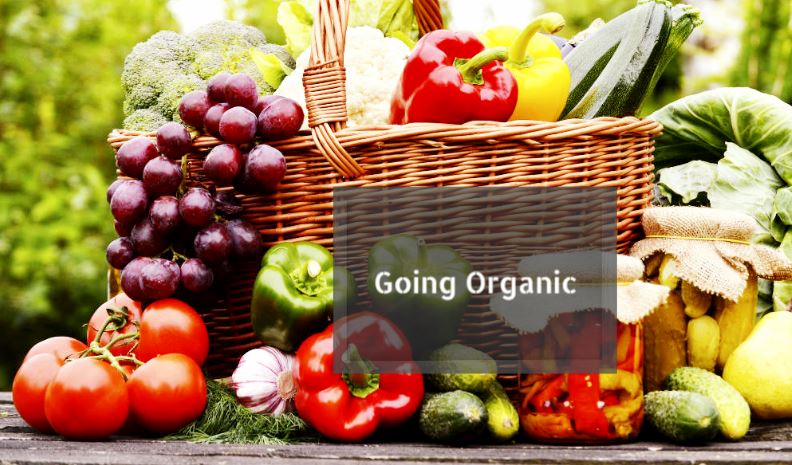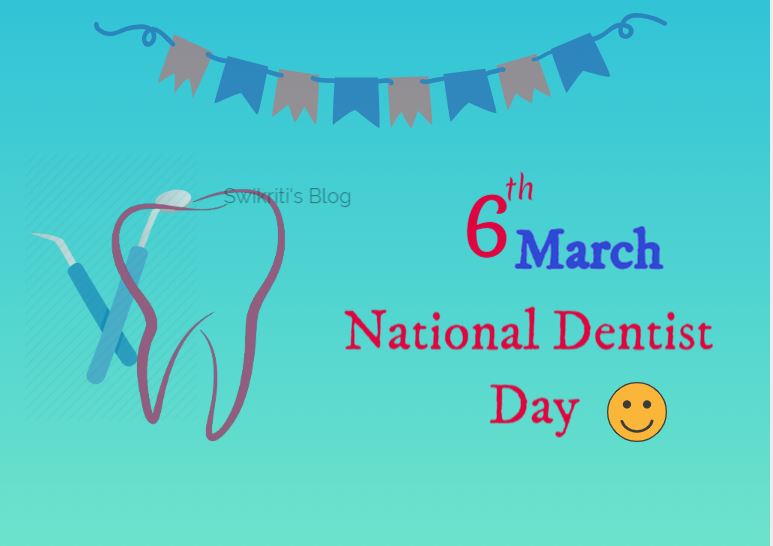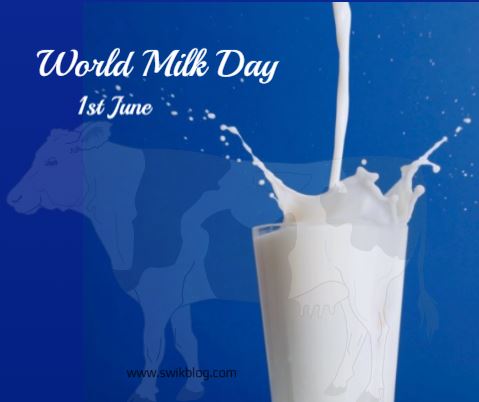“Chemical-free” is a phrase that enthrals the environment and health-conscious people. It is an essential aspect of anyone’s purchase, be it food, cosmetics, or even toilet paper. It has come to mean more than that today.
People who actively choose chemical-free or “organic” products or buy from organic food stores are seen as people who care about the planet or have an in-depth knowledge of holistic well-being. Going organic has become a status symbol associated with being “woke” (socially aware), but it is much more than that.
WHAT IS THE HYPE?
Organic foods (grains and other crops, dairy, honey, and meat) have gained popularity among the general public in the past few years. This coincides with an increased awareness of the long-term effects of chemicals on our holistic health.
Many of us have become more conscious of our purchase decisions, especially ones that affect our family. The demand for organic foods rose; exclusive organic food stores came to our neighbourhoods and also online.
What makes organic foods unique? The term ‘organic’ refers to anything produced naturally with no chemicals, fertilizers, or pesticides used in the process. While foods with small chemical traces are deemed fit for consumption, their constant intake may have side effects, making organic foods popular.
The Fair Trading Act of 1986 regulates the organic foods sold in New Zealand. The import and export of these organic foods should further meet the standards set by the Official Organic Assurance Programme (OOAP). This ensures that produce termed as organic follows the stipulations of production, authenticating the product as organic. So, the organic aisle products get certified by the government before being placed there for your consumption.
LOCALLY PRODUCED: SUPPORT YOUR NEIGHBOURS
Going organic and supporting organic production/retail facilities is an excellent step towards creating a better environment but supporting local organic food stores and producers is an even better engagement. Locally-produced means that organic food is owned and produced by a family or a small-time establishment.
There are no big corporations directly profiting from these purchases. When you buy locally-produced organic products, you are supporting local farmers and manufacturers, increasing their business success. This helps boost your local economy’s growth and, in turn, the larger economy of New Zealand. These small-time businesses are more involved in the production than big corporations, which guarantees that there will be no chemicals used in the growing of these crops, as it is not cost-efficient for them.
SUSTAINABLE AND NATURAL
Other than fertilizers and chemicals, organic foods in stores also promise that they did not undergo any biological modification. They are as nature meant them to be. This makes organic foods the go-to option for many diets and health routines.
Some studies even claim that organic foods, with no exposure to chemical treatment, have more antioxidants. This means they reduce the number of free radicals in our body, thereby maintaining our internal processes.
Organic farming or production is also a sustainability advantage. While there are no chemicals in their production, these businesses also ensure that their packaging is biodegradable and hygienic. When we reduce the number of chemicals that seep into the soil or the chemical wastage from the manufacturing and packaging processes, we decrease the pollution of our environment and its resources. This is the primary goal of sustainability, an essential factor of the New Zealand Government’s policies.
Organic foods benefit your health and that of your family. It also boosts the local economy and greatly benefits the environment. All in all, going organic is a wholly good choice.
Author: Ester Adams














